How did Orbán end up supporting an anti-Hungarian presidential candidate on the Romanian election?
The dirtiest shitshow of Central European politics is a hotly contested title. Romania, Slovakia, and Hungary each run their own versions of the same show. The same basic concept exists, but each is fine-tuned to local tastes, much like CSI with its Las Vegas, Miami, and New York versions.
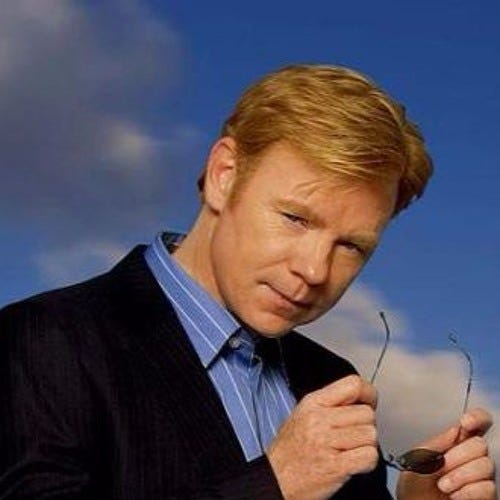
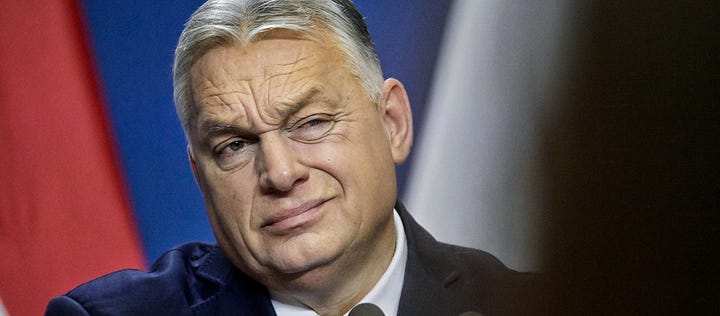
Last week, Robert Fico had to fly around Europe because decent EU countries blocked his way to the Victory Day parade in Moscow. Viktor Orbán became embroiled in a spy scandal involving Ukraine, and Romania experienced a re-run of the rightly famous “Russian Puppet Against a Dozen Self-Proclaimed Saviors of Romania” episode.
For some reason Orbán decided to add some flavor to the Romanian candidacy of the Dirties Shitshow title. In a speech given at the Tihany monastery (go there, it’s beautiful) he said this:
“Ladies and Gentlemen,
Yesterday, in the debate between the Romanian presidential candidates, Hungary was addressed in relation to Christianity. One of the candidates, Mr. Simion, said, and I quote: “Now is the time for a Europe of nations, a Christian Europe, in which we will fight for our right to be European citizens.” This was not said in Hungary, but in neighbouring Romania. We fully agree. We live in a historical community of destiny with the Romanians. We are not interfering in the ongoing Romanian presidential election battle, but we are sending a message from the middle of the Carpathian Basin, from this symbolic place, to assure the people of Romania and its future president that we stand on the ground of unity and cooperation. Therefore we will not support any isolation or political reprisals against Romania and its leaders. Both Romanians and Hungarians are and will remain full citizens of the European Union. We must be able to count on each other in the fight for Christianity and sovereignty.”
Romanian politics is, of course, in a state of disarray.
Well, it always is, but right now, there is a borderline Nazi and a guy with a PhD in mathematics running for president. Normally, George Simion and Nicusor Dan would receive 10-10% of the vote and never make it to the second round. Normally. But the situation is anything but normal.
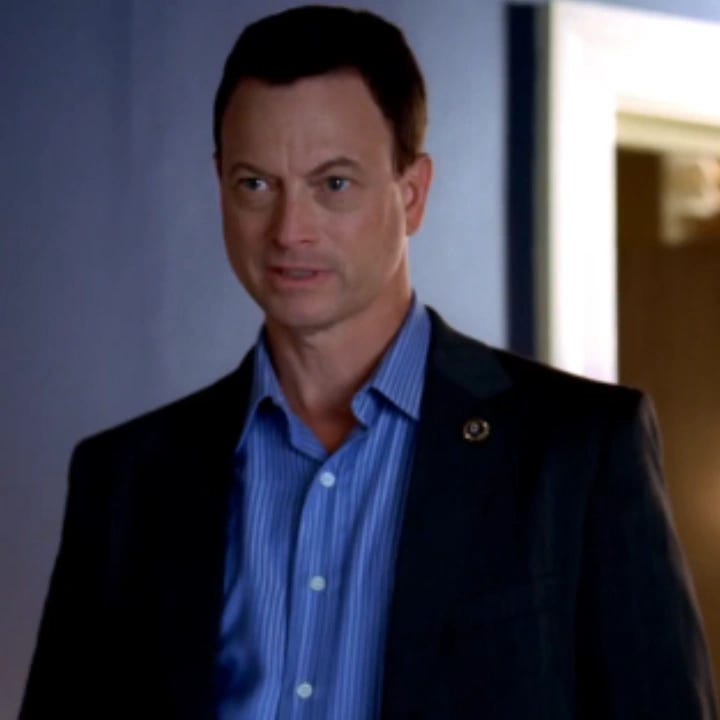

Why did Orbán decide to endorse the candidate who participated in the 2019 desecration of the military cemetery in Úzvölgye (Valea Uzului), an act of hate condemned even by most nationalist forces in Romanian politics?
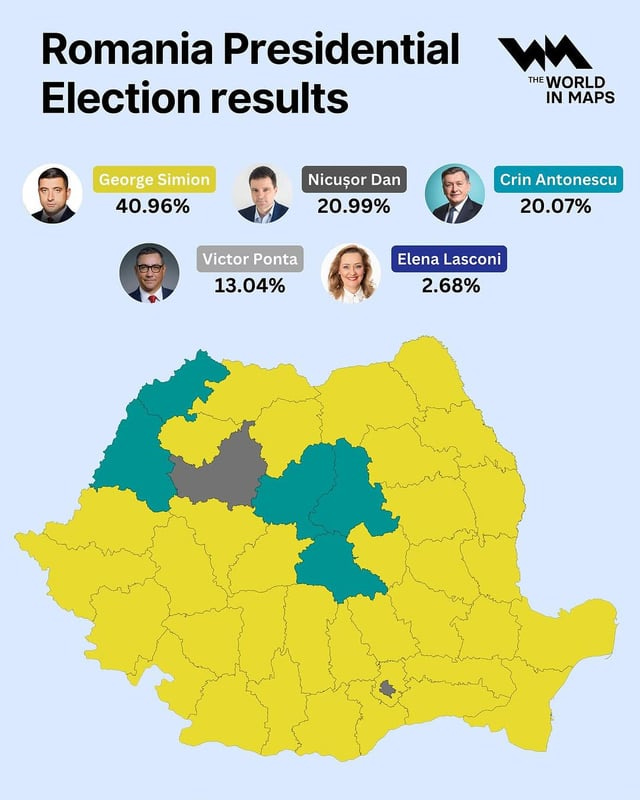
Many view this as another move dictated by Putin, but it is much more significant than that, regardless of whether Putin ordered it or not. This represents the failure of 20 years of Hungarian minority politics.
Bear with me for another deep dive into Hungarian politics.
The Treaty of Trianon
I could write a couple of hundred pages about the treaty ending WW1, but for the purposes of this article, here is the short version. The Austro-Hungarian Monarchy was dismantled in 1920. Prior to that, present-day Slovakia and more than half of Romania (Transylvania) were part of the Kingdom of Hungary.
This led to a situation where there is a significant Hungarian minority in Romania and other states neighbouring Hungary.
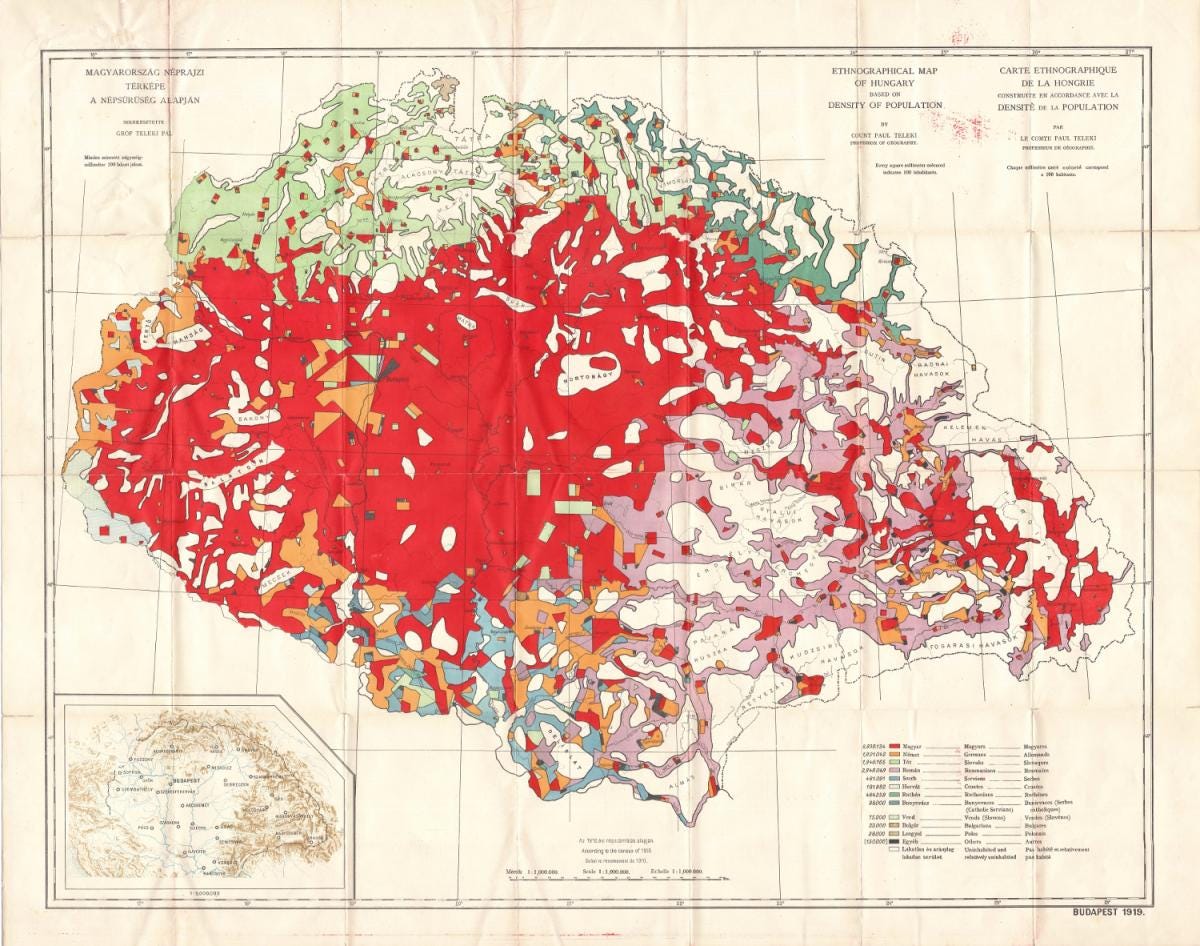
In Hungary, no politician can say that we don’t want those areas back, even though the political reality is that this is impossible. And even if it were possible, it would be a disaster for both countries and millions of people. This is something that needs to be very carefully addressed, especially since the infamous 2004 referendum. (see below)
The political reality is that over a million Hungarians reside in Romania, categorized into at least three distinct groups. These include areas with Hungarian majorities or minorities along the border and in Northern Transylvania. One notable group is the Seklers (székely in Hungarian), a culturally unique community located in the southeastern region of Transylvania. Although Seklerland is sparsely populated, it boasts an almost 100% Hungarian demographic. Seklers hold a special place in the Hungarian political right’s view. Consider a blend between High Elves and Hobbits from The Lord of the Rings to envision this special image. Lastly, the urban elites are from the major cities in Transylvania and Bánát. This city-dwelling, French-speaking folk subtly and quietly join the voter base for candidates like Nicusor Dan during presidential elections.
Prior to the collapse of Communism, Hungarian minority elites focused solely on survival. Ceaușescu’s Securitate relentlessly targeted Hungarians, and during the final stage of his nightmare regime, he even commanded the destruction of Hungarian villages. However, after 1990, the big question emerged—how would Hungarians engage in Romanian politics?
The Revision of the Trianon Treaty was Hungary's official policy until the end of World War II. However, the Soviet occupation and Communist dictatorship froze the issue for 40 years. In the 1990s, it became clear that the political reality needed acceptance: Transylvania is, and will in the foreseeable future be, part of Romania, and Hungarian politicians must operate within this context. There is no hope for any form of Revision.
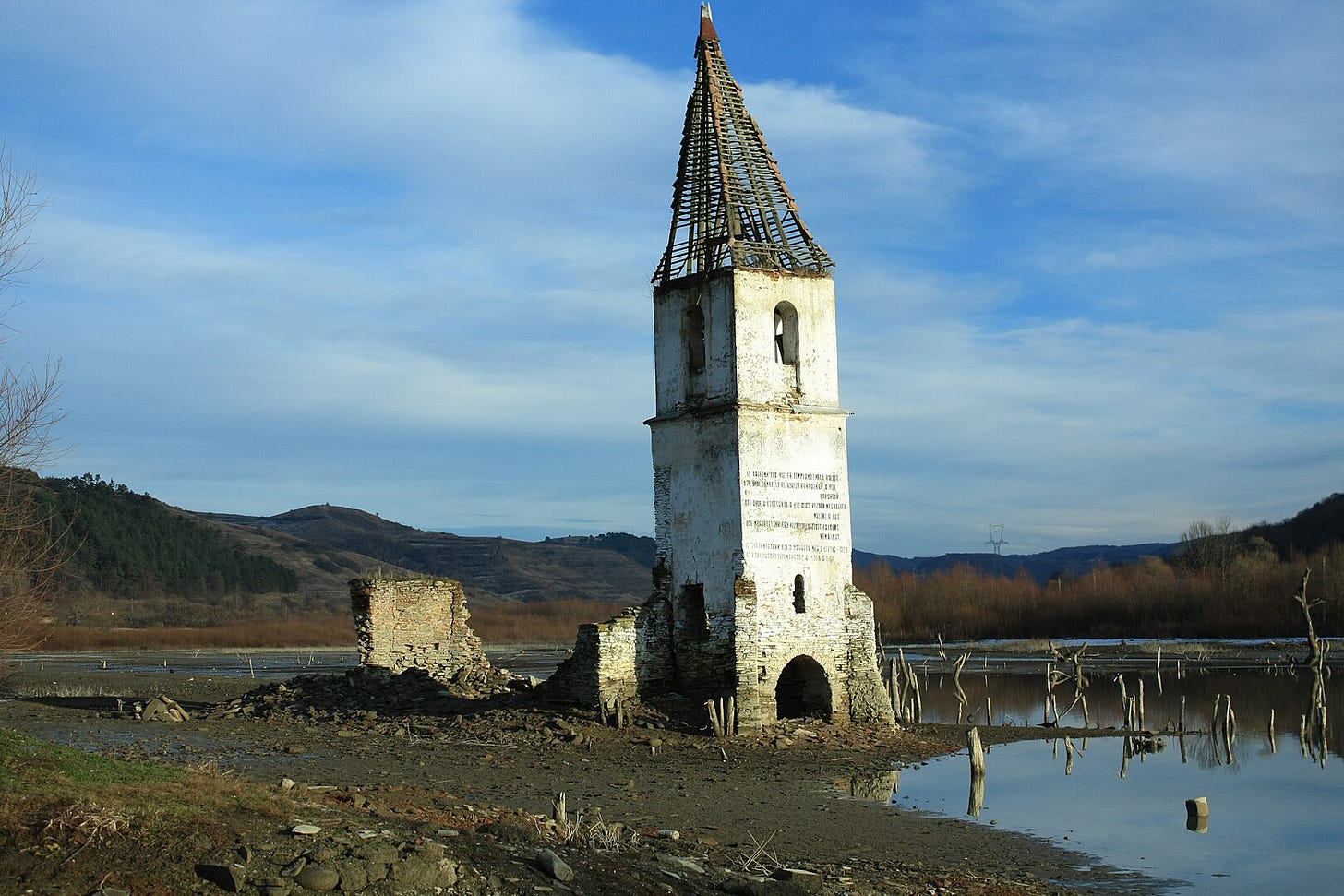
How should a Hungarian party navigate this reality? Is it necessary to have a unified Hungarian party to secure representation in the Romanian parliament? Alternatively, should the various segments of the Hungarian community collaborate with the Romanian parties that best align with their political views? Given the complexity of Romanian politics—such as Transylvanian parties versus those from Vechiul Regat (the pre-Trianon Romanian Kingdom), urban parties versus rural parties, and pro-EU parties against pro-Russian ones—this question is not straightforward.
The day of shame, the 2004 referendum
Answering it became impossible in 2004. That year, a referendum on healthcare privatization took place. In a last-minute move, the World Federation of Hungarians, a Revisionist organization, successfully gathered enough signatures to add a question about automatic (simplified) Hungarian citizenship procedure for ethnic Hungarians living in neighboring countries.
The subsequent campaign was among the dirtiest in Hungarian political history. That year, we handily won the award of the worst shitshow. The political right (Orbán’s party) had been ousted two years earlier, and their supporters wore ribbons representing the Hungarian tricolor. Despite our accession to the EU, the popularity of the left continued to wane.
In response, Orbán’s party urged all “true Hungarians” to support their brothers and sisters living across the border. Meanwhile, the left, under the leadership of Ferenc Gyurcsány, warned of a flood of approximately 23 million Romanians entering the Hungarian job market and discussed the ramifications of the arrival of the “HTMs” (Határon Túli Magyar - Over the Border Hungarians).
The vote was narrowly decided, and as anticipated, the turnout was insufficient to yield a valid and legally binding result. However, it caused horrible damage, creating a rift in Hungarian politics that has grown ever wider and has yet to heal. From this day on, questioning national identity in Hungary became fair game.
Orbán buys Transylvania
This made Orbán realize how powerful a tool the "HTM Question” is. After he came to power in 2010, he posed as a savior of Hungarian minorities. Money poured into Transylvania, especially into the Szeklerland. Hungarians in Romania got the right to vote in the Hungarian elections. Numbers-wise, this is less significant than it sounds, but as a symbol of “unifying the nation,” it brought immense political profits for Orbán.
The RMDSZ (Hungarian party in Romania) became overwhelmed by the influx of funds. Despite warnings that Orbán's friendship has downsides, those voices were quickly dismissed, and the critics were sidelined. Within just a few years, the once-diverse Hungarian political elite declined into a mere extension of Orbán’s Fidesz party.
Orbán, the European big playa’
This hindered the advancement of Hungarian interests in Romania, but gradually the situation became even worse. As all Eastern European countries strive to find a balance between supporting Ukraine and keeping the effects of the war at bay, Orbán began a very dangerous game.
First, he attempted to support Milorad Dodik’s Serbian separatist movement in Bosnia. He assisted Robert Fico (NOT a friend of the Hungarian minority in Slovakia) to gain power. Then, as Romania narrowly fended off an open Russian hybrid operation to install a pro-Russian puppet as president, he proceeded to endorse someone who is so openly anti-Hungarian that it draws frowns even in Romanian politics.
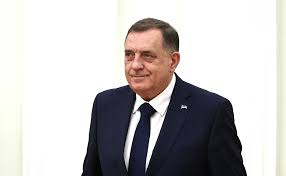
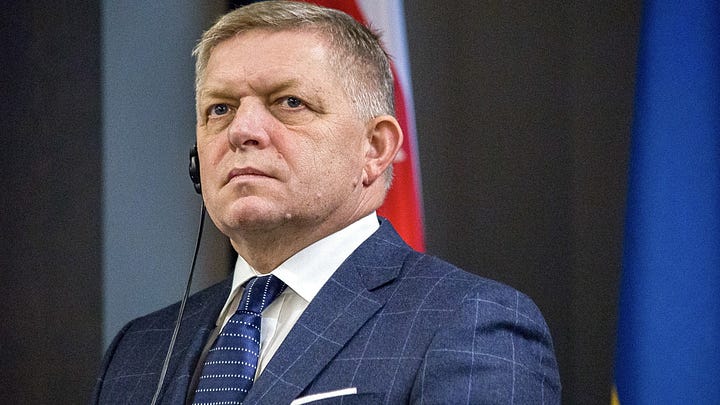
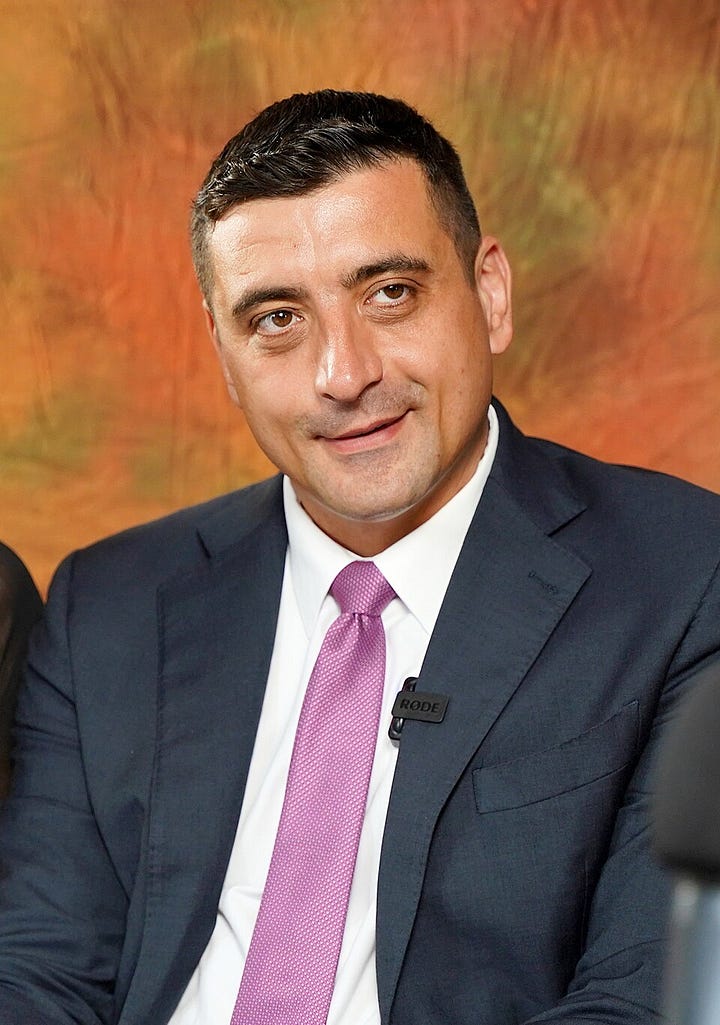
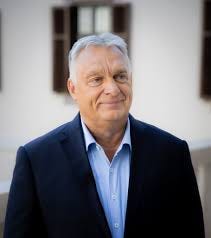
Too little, too late
Hunor Kelemen, the head of RMDSZ and all Hungarian churches (Romanians mainly practice the orthodox rite, meaning Roman Catholics and Protestants are predominantly Hungarians), made statements to distance themselves from Orbán and, with varying degrees of openness, supported Nicusor Dan.
The significance of this conflict is hard to overstate. In the Seklerland, all Hungarian churches were handsomely renovated using Hungarian government funds. The priests—Catholics and Protestants alike—praised Orbán there for years. The “Tusványos” festival is the most important cultural gathering of the Transylvanian Hungarian community. For over a decade, Orbán has delivered a speech there every year.
The leaders of the Hungarian community must realize that their status as footmen of Orbán means they might be unable to prevent many Hungarians from voting against their own interests and against Romanian interests. This undermines the remainder of their credibility within Romanian politics. If Simion is elected, Romanian politics will descend into chaos. A chaos that can no longer be jokingly dismissed as “the usual shitshow”.
We might return to the age of fascists like Gheorghe Funar, the infamous mayor of Cluj, and the Vatra Românească party. And why? Because Orbán needs another dumb battering ram in Bruxelles so he is not alone with his stupid vetoes.
It would be easy to blame only Orbán for this. However, if Simion gets elected president because the Hungarian vote tips the scales for him, Hungarian leaders and priests in Romania might as well face the mirror, take a good look at it, and spit at it…






Your analysis and irreverence continue to delight me!!
és az ember tálcán kínálja a környezø országok hasonszørûinek a megoldást: a kettøs állampolgárságúak kiutasítása.
Szégyen.
Az is milyen volt, amikor Márton Áront utasították ki idegen állampolgárként horthyék Kolozsvárról...